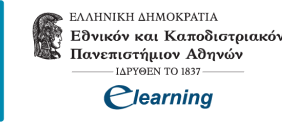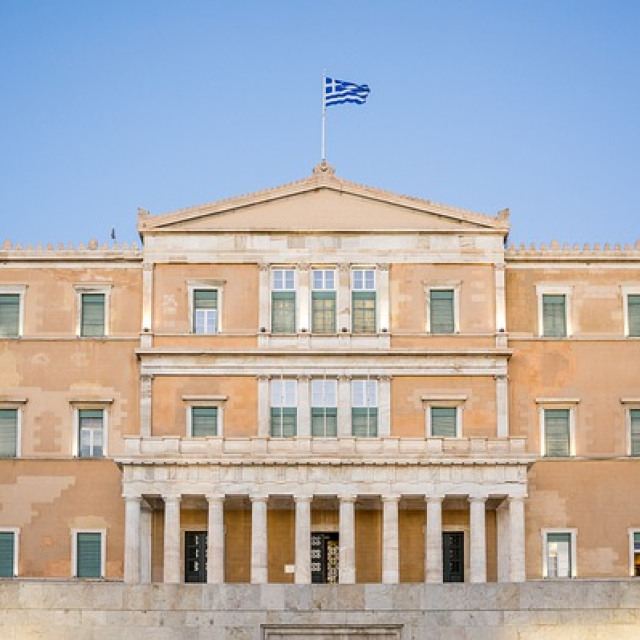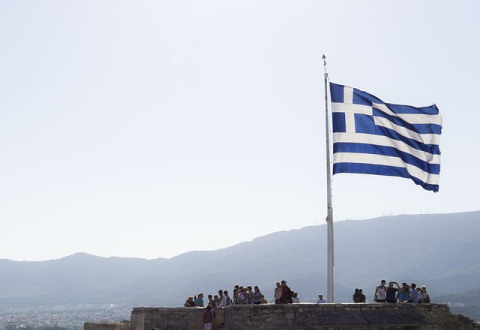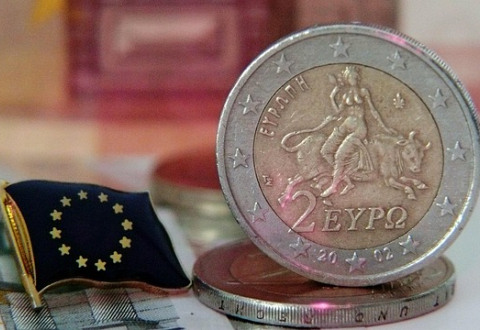On 5 July 2015, Greek voters rejected a proposed bailout plan in a referendum that made headlines across the world. Nine years after the referendum, Panagiotis E. Petrakis reflects on the legacy of the crisis for both Greece and Europe.
The 2008 financial crisis, initially sparked by subprime mortgages in the United States, subsequently engulfed countries such as Ireland, Latvia, Romania, Italy, Estonia and Greece, as well as Portugal and Spain. This crisis spread through the banking system, exacerbating the liquidity constraint channel, and ultimately challenged the sustainability of public sector lending.
Subsequently, concerns arose regarding the net international investment and debt sustainability of affected economies, with Greece being identified as the epicentre of the crisis due to its reliance on public sector lending. The European Commission projected dire debt-to-GDP estimates for several countries in the absence of intervention, including Greece, Ireland, Portugal and Spain.
The Eurozone’s operational framework, characterised by suboptimal and segmented markets, stock imbalances and flow discrepancies, created an environment with limited potential for crisis response. The European Central Bank (ECB) was precluded from engaging in open market operations, and there was no shared liquidity crisis fund, resulting in a multitude of bond equilibria.
The Minsky moment transformed the financial crisis into an economic downturn, and it was only after Mario Draghi took charge in 2012 with his “whatever it takes” mantra that the crisis was brought to an end by directing the ECB to address the liquidity issue, effectively reversing the Eurozone’s mode of operation up until that point.
This development also paved the way for the possibility of altering its medium- to long-term operational model. It should be noted that recent changes in fiscal rules and practices, such as European Stability Mechanism (ESM) loans to Greece and the Recovery and Resilience Facility (RRF), indicate this direction. Of course, intense geostrategic pressures are also contributing to this change.
An ineffective solution
The above is necessary to understand that the Greek crisis of 2010 was part of a more extensive international and European crisis. Specific methods of dealing with it were selected internationally (which, due to the considerable size of the Greek programmes, were applied in Greece with exceptional intensity). Although these methods had a sound causal basis, they were not very effective in addressing the problems they were intended to solve, either in terms of timeliness or effectiveness. This may have been due to a flawed design or to issues with their domestic implementation.
The necessity for the prompt adjustment of the Net International Investment Position through structural reforms was contingent upon several factors. These included the stocks of both private and public debts, the current account balance flows characterised by capital movements and sudden stops, the trade balances of tradable and non-tradable goods, and ultimately, the capacity for the substitution of tradable goods with non-tradable goods.
The execution of these programmes, in conjunction with the extension of loan maturities for Greece beyond 2032, provided a window of opportunity for the Greek economy to recuperate without a functioning banking system for a decade. Presently, the economy is in the process of recovery.
The creditor countries, including Finland, the Netherlands, Germany and Belgium, had a significant responsibility in supporting the debtor countries. Regrettably, there was no prior experience in managing similar crises in non-optimal currency areas without a central bank mandate for price stability and employment protection. As a result, the decisions made to address the crisis primarily involved fiscal consolidation and the implementation of supply-side policies aimed at reducing debt, and in Greece’s case, a domestic devaluation that led to a considerable decrease in domestic wealth and income.
The roots of the crisis
The Greek crisis was characterised by deep-seated problems. These were primarily connected to the persistence of social values and political attitudes that facilitated macroeconomic imbalances, including reliance on loan capital.
Additionally, the weak institutional framework, including corruption and lax property rights, tax evasion and a lack of institutional trust, contributed to the crisis. These issues were exacerbated by reduced competitiveness and productivity, which were partially masked by the availability of abundant international financing, particularly due to the “cheap euro”.
The lack of adequate banking supervision, both domestically and internationally, particularly in the European and Greek banking sectors, exposed the major European banks to significant risk during the crisis. Consequently, the Greek bailout had implications for European banking system stability and financial stability in general. The lack of effective monitoring of financial figures, either due to expediency on the Greek side or the absence of relevant institutional rules, further undermined the effectiveness of the administration.
These inadequacies extended beyond the European level to the global level, as evidenced by the International Monetary Fund’s involvement. Moreover, there were substantial and systematic deficiencies in the prognostic calculations of the consequences of the implemented policies, which adversely affected the trustworthiness of the support measures put in place.
Anti-system politics and the 2015 referendum
The significant decline in confidence in institutional bailout programmes, along with the substantial income losses (both individual and national, at 25%-30%) that accompanied these measures, contributed to the emergence of a pronounced anti-system political atmosphere.
In 2015, there were three occasions in which a strong social majority was formed, specifically during the January and September 2015 Greek elections and the 2015 bailout referendum. This majority called for political retribution against those deemed responsible for the management of the situation and the search for solutions to the problems that had arisen. Consequently, opinions such as the preference for bankruptcy or reverting to the drachma became prevalent in domestic news, especially during early 2015, when discussions about the potential outcome of the second memorandum were occurring.
The pro-Grexit stance within Greece encountered the geostrategic and social immaturity of certain partners in central and northern Europe, who occasionally referred to Grexit as a negotiation tactic or a viable solution. Rather than unequivocally rejecting the notion of Grexit and demanding the re-evaluation of bailout terms, the Greek side engaged in discussions about this topic, thereby compromising its position in the prisoner’s dilemma scenario that was developing.
The Greek side attempted to strengthen its position in the negotiations that followed the 2015 referendum, citing the Grexit crisis. The fact that all negotiating parties were considered co-responsible for the situation, as stated by Donald Tusk at a Euro Summit on 7 July 2015 after 17 hours of negotiations, was seen as a success for Greece in future negotiations.
An enduring legacy
The Greek economy stabilised between 2017 and 2023. It has significantly outperformed other countries in Central Europe, especially in recent years. However, the economic and social impact of the memorandum period in Greek society has led to a renewed emphasis on “survival values”. Greece is the only society in Europe that has shown this trend.
Furthermore, the Greek financial crisis brought to light the fact that establishing “a politically legitimate mechanism for solving the problem of international adjustment was the unsolved problem of the twentieth century”. The severity of the Greek financial crisis and the current state of upheaval underscore the necessity of restructuring essential international institutions, which were already under threat due to the crisis in Greece.
Πηγή: EUROPP – European Politics and Policy or the London School of Economics











